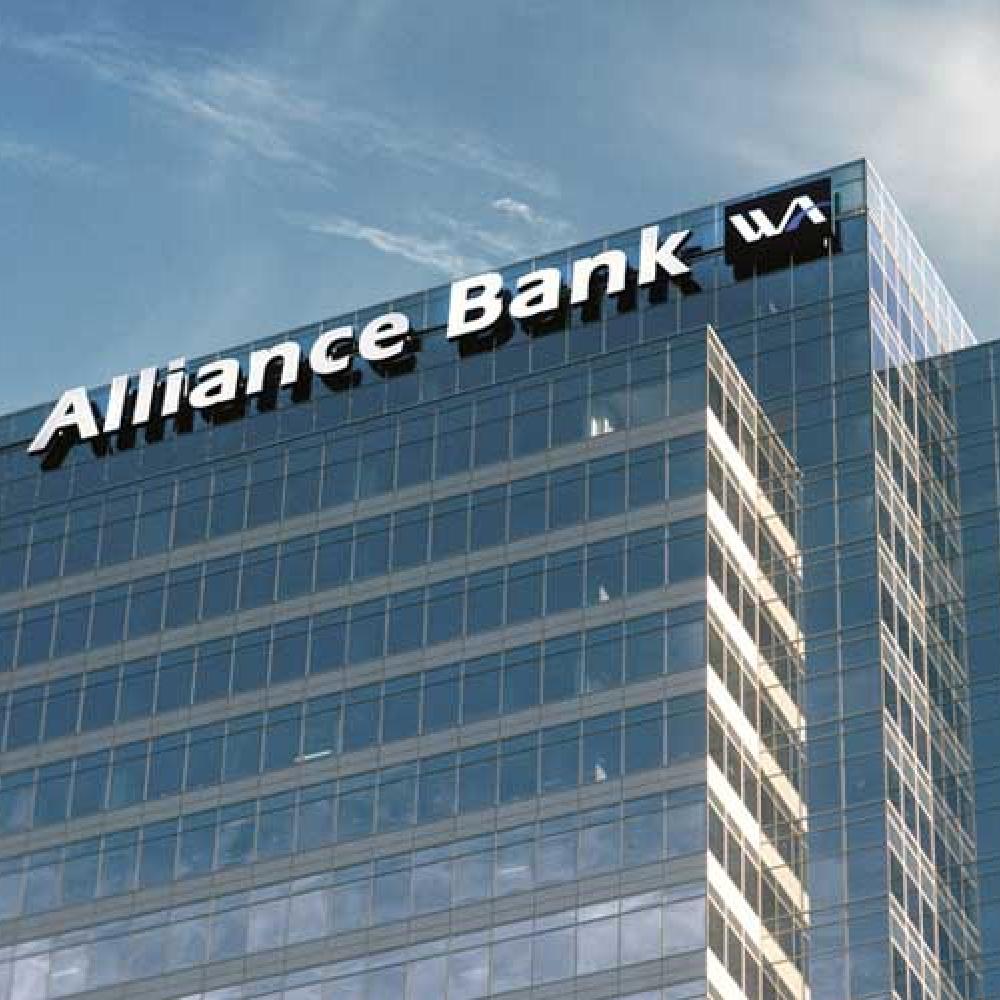5 Questions to Ask Before You Buy or Lease Commercial Real Estate
The commercial real estate market has remained strong through the uncertainties of the past few years. That might tempt some business owners to consider purchasing property for their business. But leasing has its advantages, too. Here are some questions to ask before making a decision.
Leasing vs. buying: pros and cons
Leasing can offer a lower upfront cost — without the headache of raising a 30% to 35% down payment — and reduce taxable income. Leasing may make sense if your company will only be in a location for a few years. And if your business is growing, leasing doesn’t tie up capital.
Over the long term, leasing is likely to become more expensive, especially in areas that are particularly strong, such as industrial property in Reno. In the industrial market, space remains tight as the region has experienced many quarters of positive net absorption, according to CBRE — although plenty of space is also under construction. In our rising rate environment, this trend is likely to hold.
Owning business property keeps costs more predictable and may offer tax benefits and substantial investment value. But with the commitment of ownership comes higher risk.
Before you buy: What to ask
When evaluating whether leasing or buying commercial real estate is best for your business, your banker, like your accountant, should be a trusted advisor who can help you assess your opportunities. You can begin by asking these five questions:
1. Are the risks tolerable for my business?
Consider the property’s location now and in the future. Will it keep its resale or reuse value if and when you retire, go out of business or sell your company? Are your prospects reliable enough to provide the liquidity your business needs while covering real estate payments for years to come?
2. Will a lease-back arrangement work for me?
Business owners may accumulate more wealth when they purchase the real estate where their business operates. After all, privately held commercial real estate returns 9.4% annually, on average, over 25 years, according to the National Council of Real Estate Investment Fiduciaries (NCREIF). By leasing the property back to your business, you have a depreciable asset, and your rent payments go to yourself instead of someone else. Your banker and accountant can help you assess this arrangement’s effects on your overall financial picture.
3. How will I finance a purchase?
As noted above, a purchase typically requires a substantial down payment. For the remainder, your financing options may include commercial real estate loans and SBA 504 loans, which offer up to $5 million at attractive rates to invest in major fixed assets that promote new jobs and business growth. A trusted banker with experience in commercial real estate lending can help you make the most of your options.
4. Can I afford to overbuy?
A far-sighted buyer will move with care before purchasing a building that’s larger than your business needs, with an eye to renting out the rest to offset your mortgage payments. Do you have the attention and time to be a landlord? Are your pockets deep enough to manage if you can’t find a tenant or your tenant defaults?
5. Does buying property make sense for my business?
Finally, the question comes down to what is most suitable for your business and industry. For some, owning real estate can provide tax advantages while making one of your biggest costs more predictable. And purchasing a property that you can sell at the end of your career could be a good move. On the other hand, a nonprofit organization typically wants to put money into its mission rather than commercial real estate. And if you plan to move your business to another city, you probably won’t want to be locked down in your current location.
Your expert banker can help you determine your credit needs and opportunities and even advise whether your real estate plan fits with your other business ambitions. To learn more about how we can help you decide between buying or leasing business property, contact your Western Alliance Bank relationship manager.

Commercial Real Estate
Western Alliance Commercial Real Estate, a national banking group within Western Alliance Bank, Member FDIC, delivers tailored CRE and construction financing solutions to clients for all asset classes, wherever business happens. Industry experts provide responsive service that puts clients at the center of everything. The Commercial Real Estate Group is part of Western Alliance Bancorporation, which has $90 billion in assets and has ranked as a top U.S. bank by American Banker and Bank Director since 2016. With significant national capabilities, the Commercial Real Estate Group delivers the reach, resources and deep industry knowledge to help businesses capitalize on their opportunities to solve today and succeed tomorrow.
